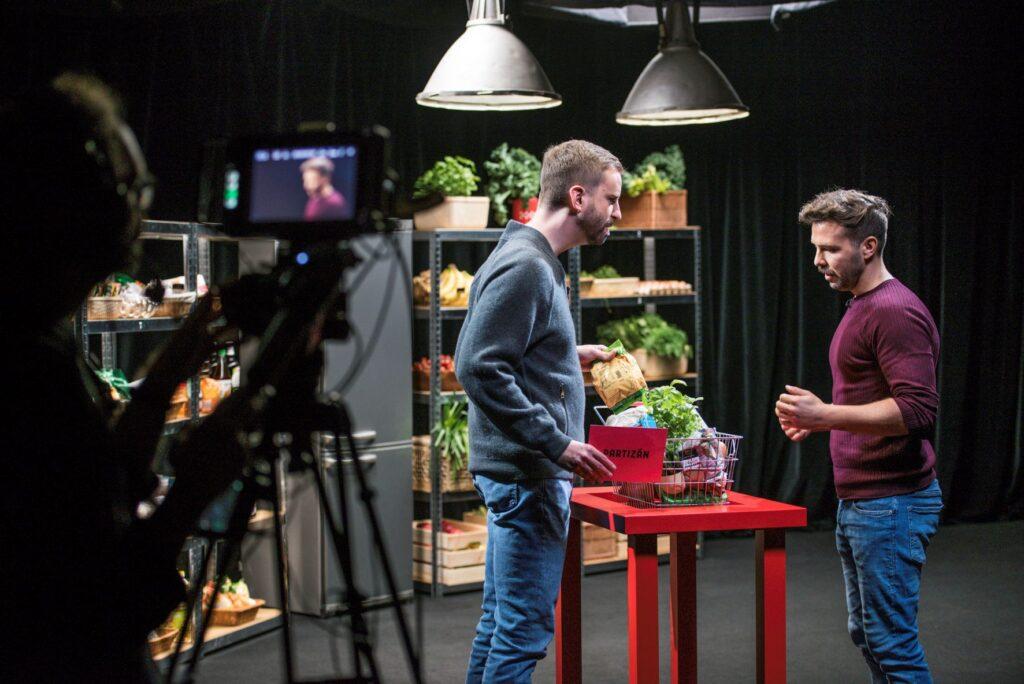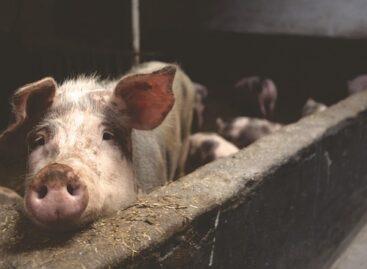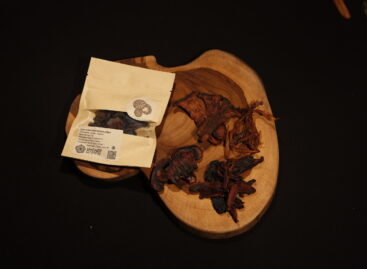Experts: We are slowly but surely alienating ourselves from food
🎧 Hallgasd a cikket:
According to KSH data, the time spent on cooking hardly changed from the regime change to the 2010s. While in 1987 Hungarian men spent 9 minutes and women 76 minutes in the kitchen, in 2000 men spent 11 minutes and women 76 minutes preparing food.

The trend did not change in 2010 either, when men spent 18 minutes a day and women 79 minutes a day cooking. “Even though we spend almost an hour and a half in the kitchen every day, we are becoming more and more alienated from food. We forget the science, techniques and community-forming role of cooking, which we cannot pass on to the next generation. For example, few people see their mother kneading dough” – said cultural historian Noémi Saly, one of the experts of Az Ínség Zavara.
Seventy-six minutes a day – that’s how much time women spent in the kitchen during socialism and at the beginning of the 2000s. The time spent on cooking has not decreased since then, but at the same time, the younger generation is becoming more and more alienated from food – according to Partizán’s program Az Ínség Zavara. In the unusual gastro show, experts and four chefs from different backgrounds and perspectives look for the answer to why the science of cooking is fading from our world today.
Related news
Poultry meat imports fell in 2025
🎧 Hallgasd a cikket: Lejátszás Szünet Folytatás Leállítás Nyelv: Auto…
Read more >KSH: industrial production expanded by 1.8 percent in December compared to the same period of the previous year and by 0.9 percent compared to the previous month
🎧 Hallgasd a cikket: Lejátszás Szünet Folytatás Leállítás Nyelv: Auto…
Read more >
More related news >
Related news
Burger, condom and red rose: this is what Valentine’s Day is like at Wolt
🎧 Hallgasd a cikket: Lejátszás Szünet Folytatás Leállítás Nyelv: Auto…
Read more >








